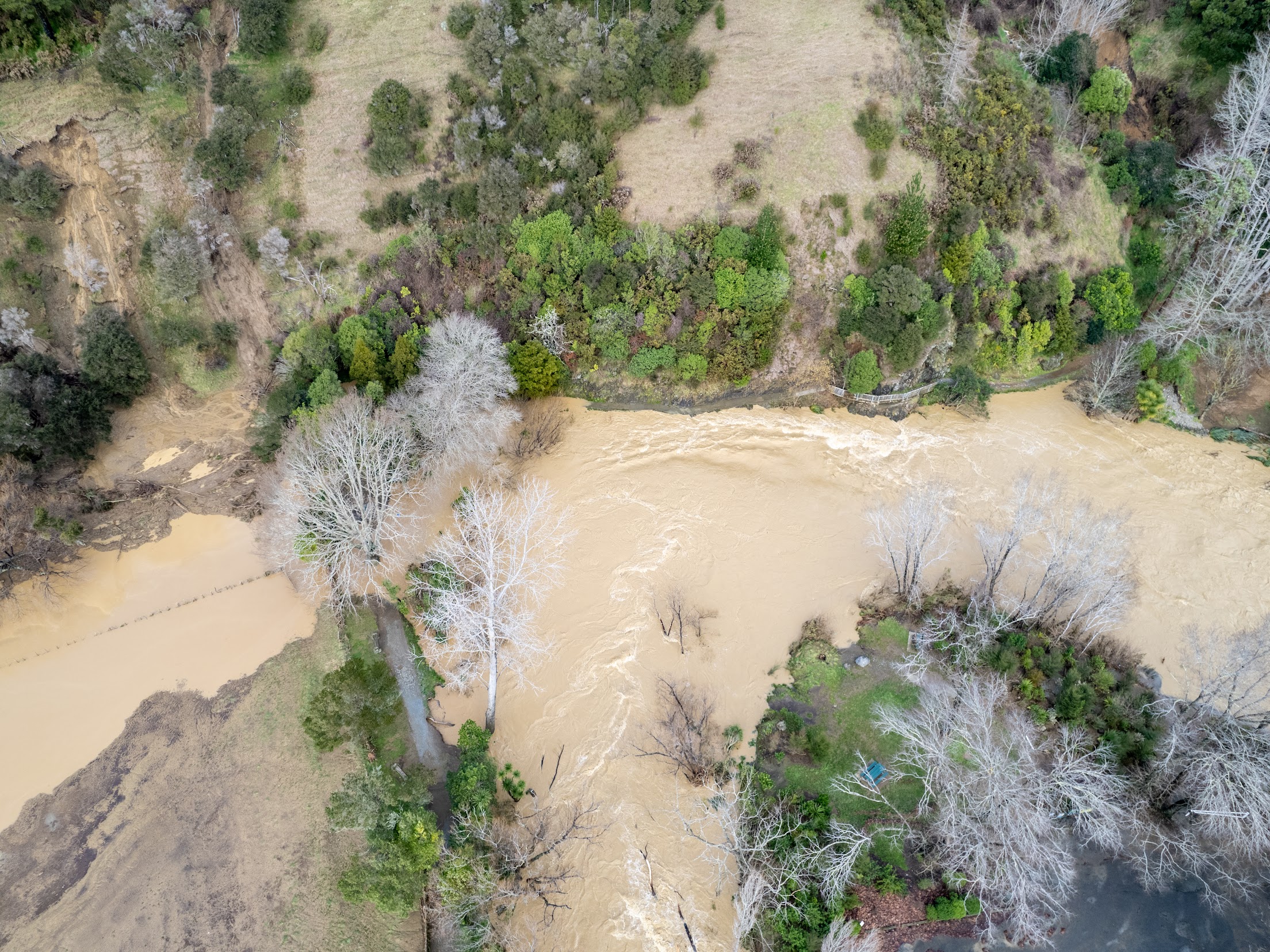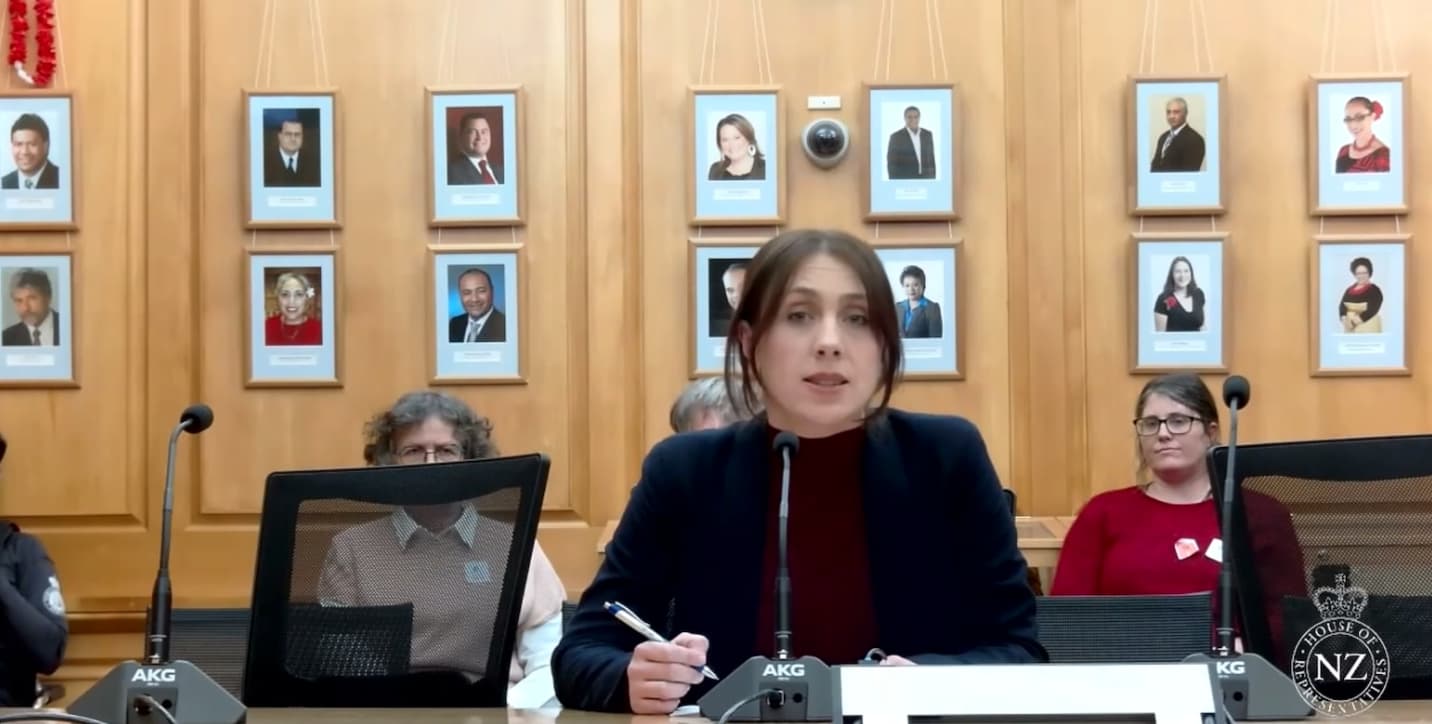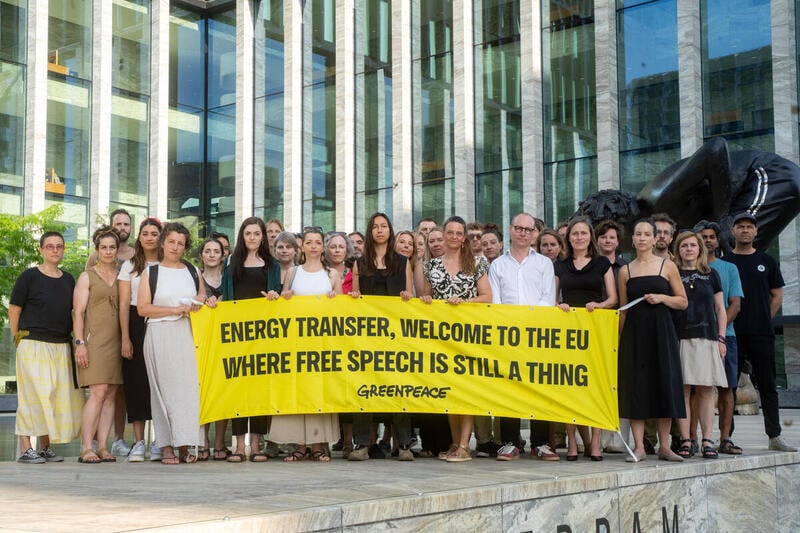New Zealand scientists are behind a major new international research paper that shows dangerously unpredictable extreme weather could become a reality within decades as the impact of melting ice sheets becomes better understood.
Greenpeace climate campaigner, Amanda Larsson, says the study published in the journal Nature is the latest in a series of alarms being sounded that the world has a very short amount of time to drastically reduce emissions.
It follows the release of a shock report late last year by the world authority on climate change, the IPCC, predicting the world has just 10 years to halve global carbon emissions before being locked into warming that could cause mass extinctions and the displacement and death of tens of millions of people.
“We’ve all watched the news over the past couple of days and been shocked at the extent of the fires in Nelson and the terrible impact they’ve had on the local people, community, and wildlife,” Larsson says.
“Extreme and dangerous weather like the fires, droughts, floods, and storms we’ve seen more frequently here in New Zealand over the past few years are the tip of the ice sheet.
“The paper released yesterday spells out very clearly that ice sheets in Greenland and Antarctica are melting rapidly, affecting ocean currents, which could lead to increasingly unpredictable extreme weather.”
Larsson says the only way to curb the melt is to stop burning fossil fuels. The study predicts current policies outlined in the Paris Climate Agreement will not be enough.
“We’ve known for decades that burning fuels like oil, gas and coal is the major driver of climate change,” she says.
“We must rapidly phase out these outdated fuels and replace them with large investments in clean energy like solar, wind, and electrified transport.
“New Zealand was one of the first countries in the world to ban new oil and gas exploration permits under Ardern’s leadership. This is a brilliant first step – but we need to be taking great leaps.
“It has never been clearer that we have a moral responsibility to stop burning the fuels that are driving this crisis.
“In New Zealand this means ending all subsidies and support to the fossil fuel industry, banning new thermal power plants like gas peakers, and stopping imports of petrol and diesel vehicles. It also means significant investment and support for renewable energy like solar and wind.”
“The release of this latest research led by New Zealanders is a wakeup call. We need immediate, innovative, and transformative changes to our domestic policy that will take us through to net zero emissions over the next few decades.”
ENDS




